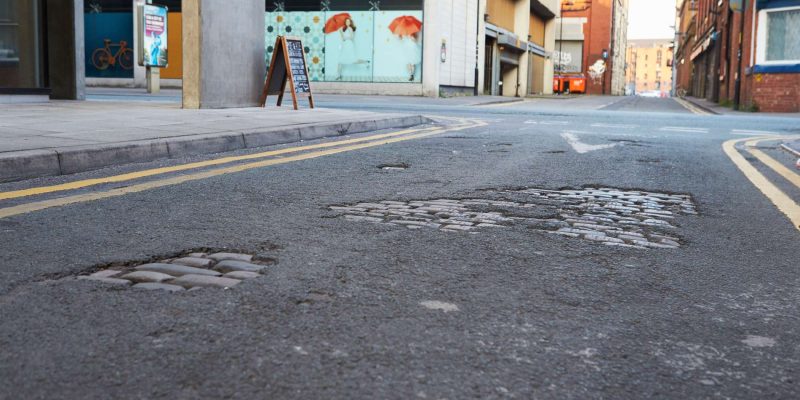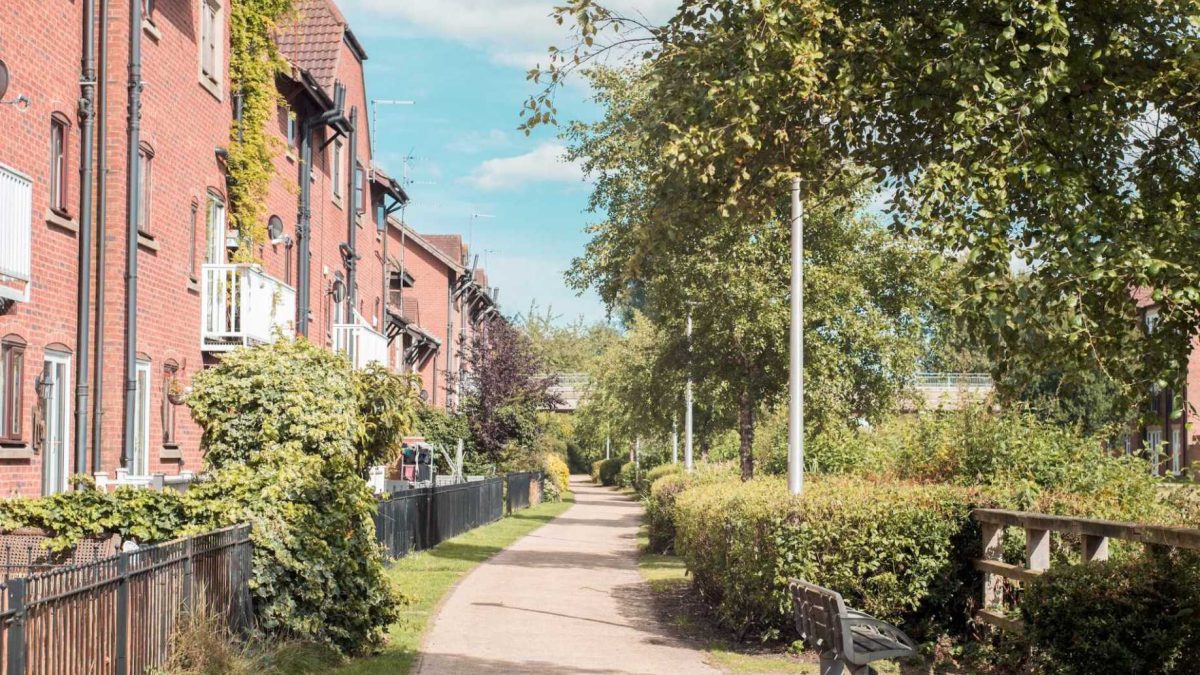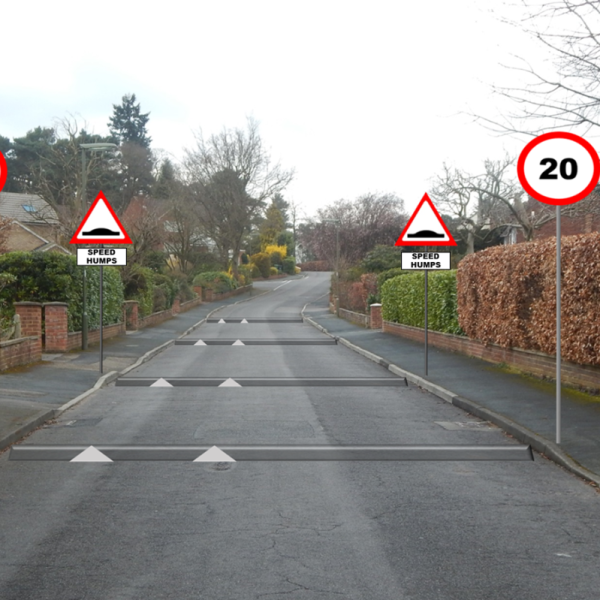
UK Roads: How Can We Improve Our Infrastructure?
The road infrastructure in the UK, boasting some of the world’s oldest roads, has played a crucial role in the country’s development.
However, in recent years, it has become evident that the current state of the UK’s roads is in dire need of improvement. With a rapidly growing population and an ever-increasing demand for efficient transportation, it is imperative to invest in our roads to ensure they are fit for purpose and capable of meeting the needs of the future.
One of the most prominent challenges facing the UK’s roads is the deteriorating condition of many routes. Potholes, cracks, and other forms of damage pose a significant hazard to drivers and can lead to accidents and expensive vehicle repairs. To address this issue, the government must allocate sufficient funds for regular maintenance and repairs. By implementing proactive measures, such as employing new technologies for assessing road conditions and implementing preventative maintenance programs, we can ensure our roads are safe and reliable for all users.
Another critical issue affecting the UK’s roads is congestion. With a rising population and an increasing number of vehicles, our roads are becoming increasingly crowded. This congestion not only leads to significant delays for drivers but also contributes to increased air pollution and negative environmental impacts. In order to combat congestion, it is crucial to invest in public transport infrastructure and encourage alternative modes of transportation, such as cycling and walking. Providing reliable and efficient public transport options can help reduce the number of cars on the road, alleviate congestion, and lead to a cleaner and healthier environment.
In addition to maintenance and congestion, investing in new roads and infrastructure is vital. Strategic planning for new motorways, bypasses, and road expansions can help alleviate congestion hotspots and improve overall journey times. Furthermore, integrating smart technology into our roads can revolutionize the way we travel. Smart roads equipped with intelligent traffic management systems, real-time data collection, and communication networks can optimize traffic flow, enhance safety, and improve the overall driving experience. By embracing innovative solutions, such as smart roads, we can create a more efficient and sustainable transportation network.
Moreover, it is essential to consider the long-term implications of road infrastructure development. As we strive for a greener and more sustainable future, we must prioritize environmentally friendly solutions. For instance, investing in electric vehicle (EV) charging infrastructure can encourage the adoption of EVs and reduce carbon emissions from the transport sector. Additionally, incorporating provisions for cycling and walking paths within our road infrastructure can promote active transportation, improve public health, and reduce dependency on cars.
In conclusion, to meet the increasing demands of a growing population, it is crucial for the UK to invest in its road infrastructure. This investment should encompass regular maintenance and repairs, measures to combat congestion, the expansion of road networks, and the incorporation of smart technologies. By adopting a holistic and sustainable approach, we can create an efficient, safe, and environmentally friendly transportation system that meets the needs of both current and future generations. Let’s pave the way for a brighter and more connected future on the UK roads.
















